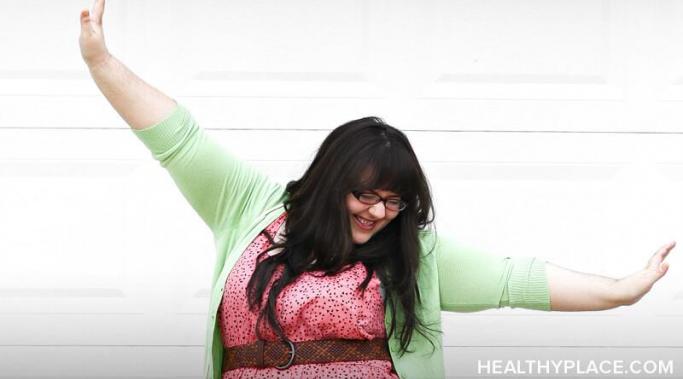Blogs
What you think is a work personality may actually be a sign of depression. After all, depression makes life hard and work is no exception to the rule. I have noticed that there is a general assumption that a depressed person at work can be identified by a "Debbie/Donnie Downer" attitude, also known as someone who is always putting out negativity. But depression is a lot more nuanced than that. In fact, it manifests differently for every person.
As a college freshman, I was hospitalized for anorexia. It's been almost a decade since then, but no one told me about the pain—and payoffs—of residential eating disorder treatment. I had just embarked on a harrowing three-month process that would stretch, unravel, and change me.
You might have heard that moderation is essential for a healthy, happy lifestyle. Buddhists and Stoics alike have been explaining for millennia how maintaining balance in your life is the key to meaning and tranquility. At times, finding the right equilibrium can be difficult. However, with diligent, consistent effort, you can find the right amount of moderation and balance in every aspect of your life.
There is a horrible relationship that people with bipolar disorder live with: bipolar affects sleep and sleep affects bipolar disorder. And neither one of them likes each other. It's like being followed around by a bickering couple that occasionally starts screaming at each other. I downright hate it. So let's take a look at how bipolar affects sleep and how sleep affects bipolar disorder (and you) and what you can do about it.
I’ll never forget the first time I was prescribed medication for my mental health. At this point in my life, I was undiagnosed and had suffered a panic attack. At a loss, I met with my primary care physician for help. After a brief consultation, she sent me home with a prescription for a common selective serotonin reuptake inhibitor (SSRI). I did not know that this would be the first of many medications I would take on my healing journey.
Two years ago, I went through a breakup with my therapist. I ghosted my therapist when I began to suspect we weren't a good fit. I started small, canceling an appointment here and there. Then I went on vacation. When I came back, I "forgot" to get in touch. But when she reached out, I felt guilty. I scheduled a session. But a few weeks later, I repeated the cycle. Finally, she stopped reaching out. We were done.
Trying new foods and eating disorder recovery went hand and hand for me. For years, my eating disorder had me believing that there were only a handful of foods that were good and the rest I needed to avoid like the plague or I'd gain weight. However, this thinking was holding back my recovery.
"Why are you writing about binge eating disorder recovery?" my boyfriend asked the other day. "Did you have a problem with it when you were little?" A blanket of shame due to binge eating disorder wrapped itself around my body, weighing me down like lead. I felt my face contort into a half-cringe, half-grimace. A familiar knot formed in my stomach — he didn't know, and now I was going to have to tell him.
I am learning that weight gain in my recovery from depression and anxiety acts as a trigger for those disorders. Last November, I had a baby and I gained a lot of weight while I was pregnant. I knew I wouldn't return to my old size right away, but I assumed it would happen after a few months.
In my life, I have become accustomed to experiencing anxiety. Depending on my current life situation and the experiences I'm going through, it might be worse, or it might be better.









